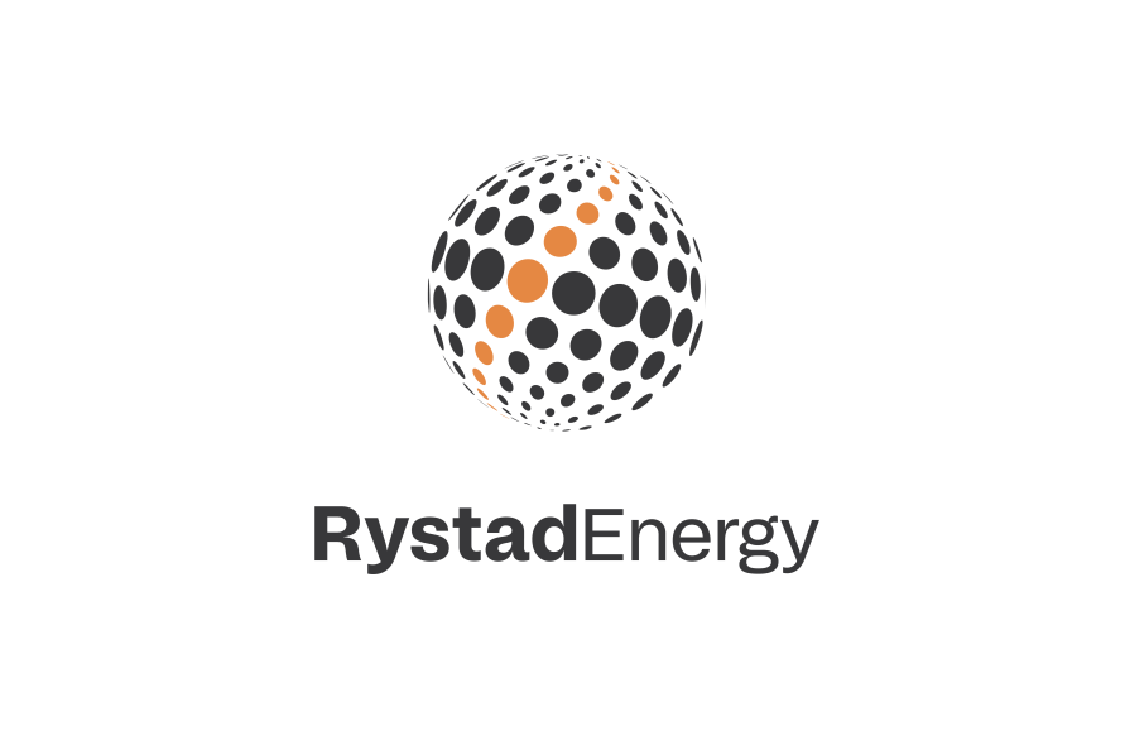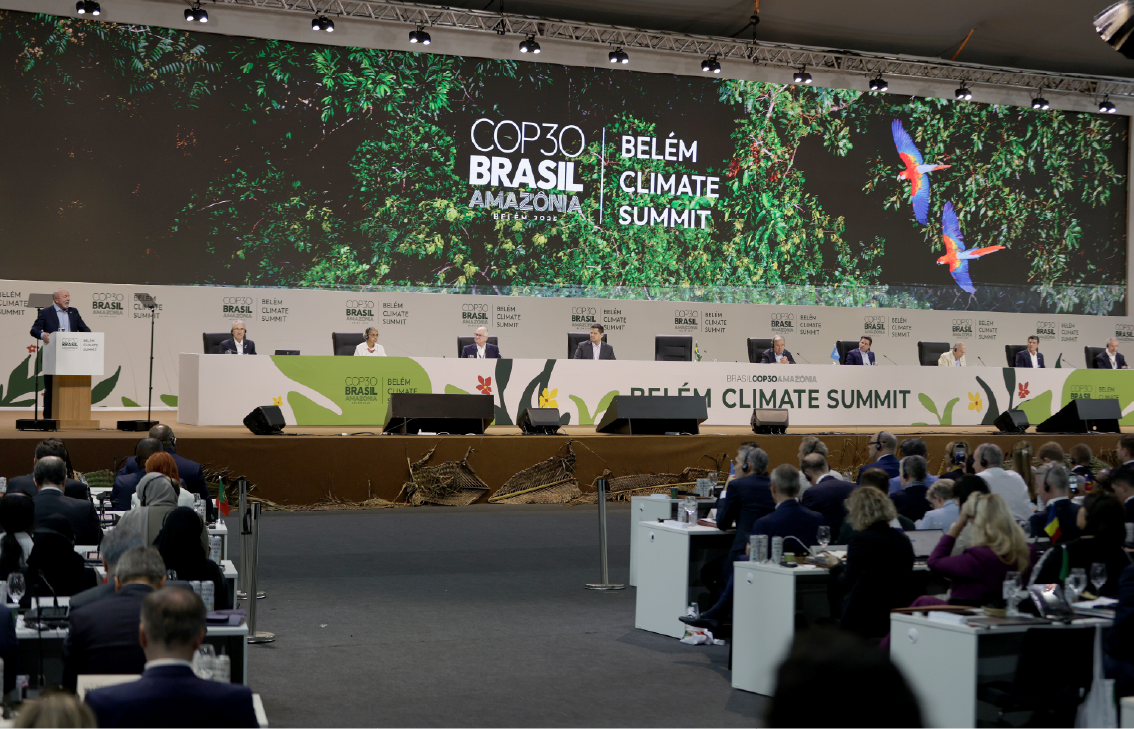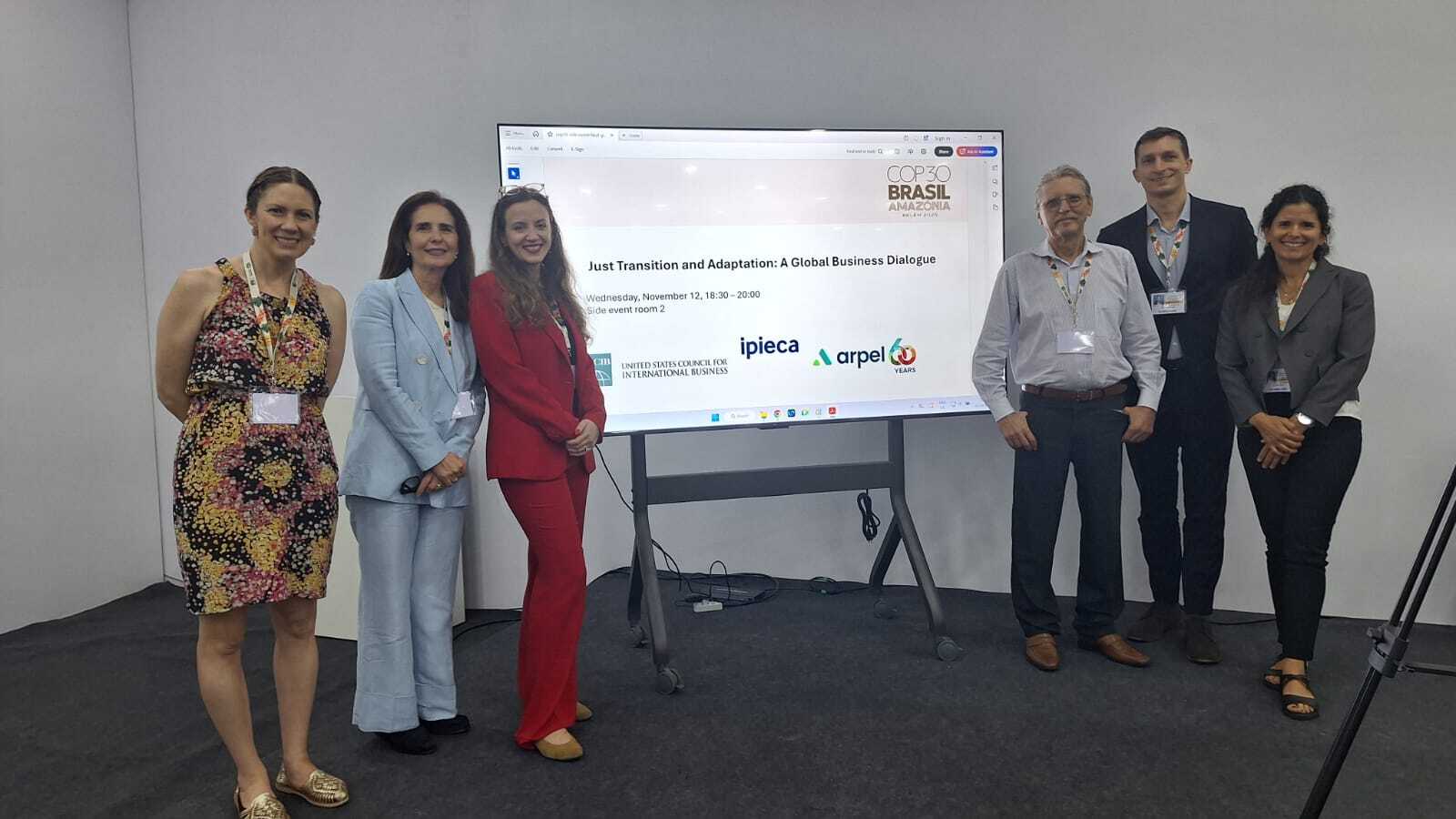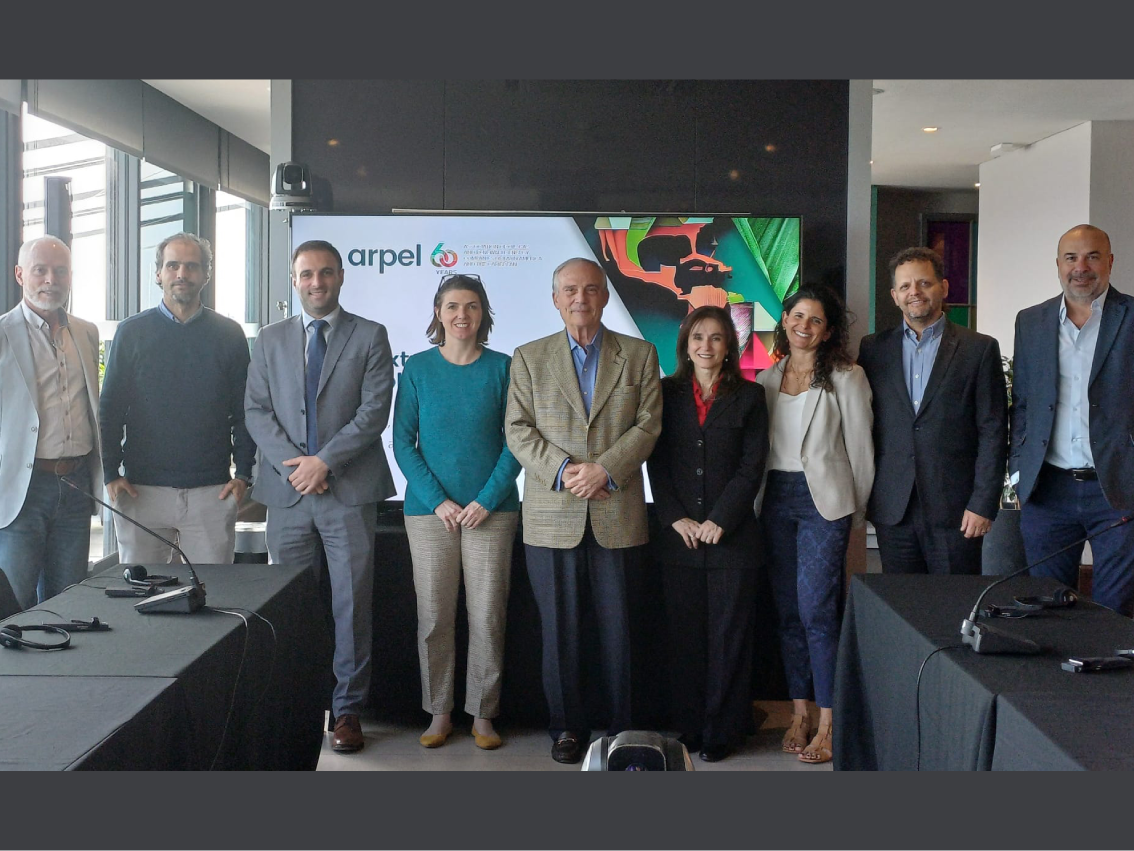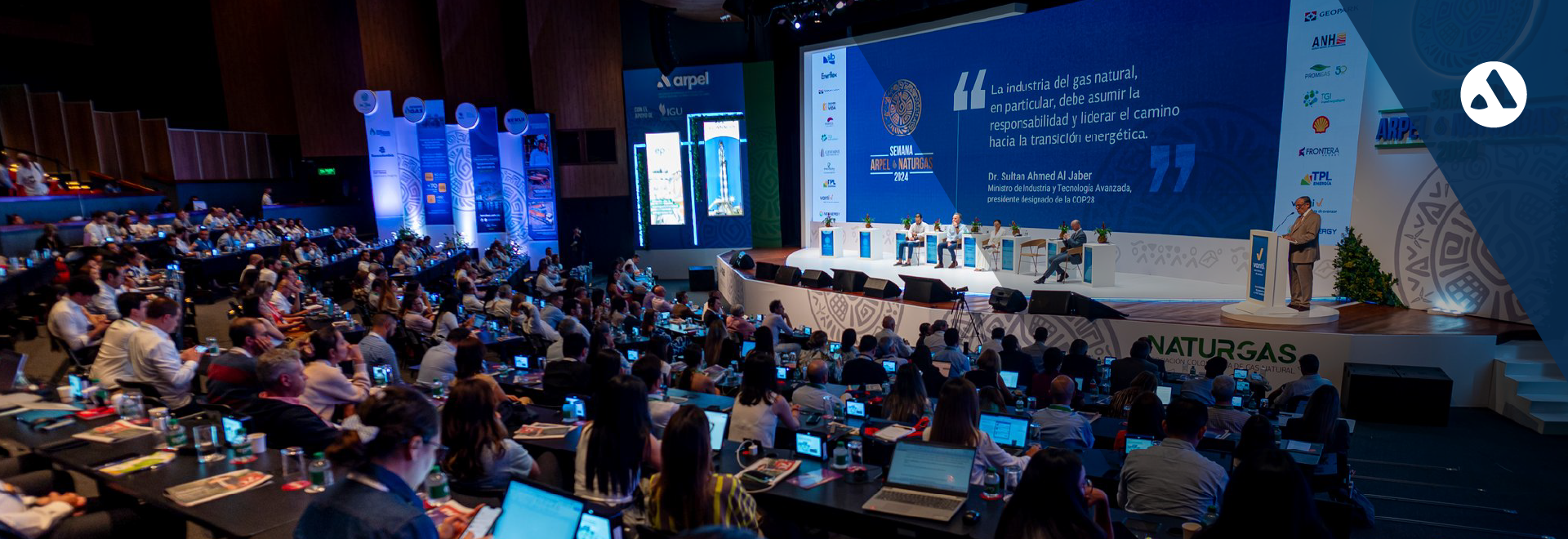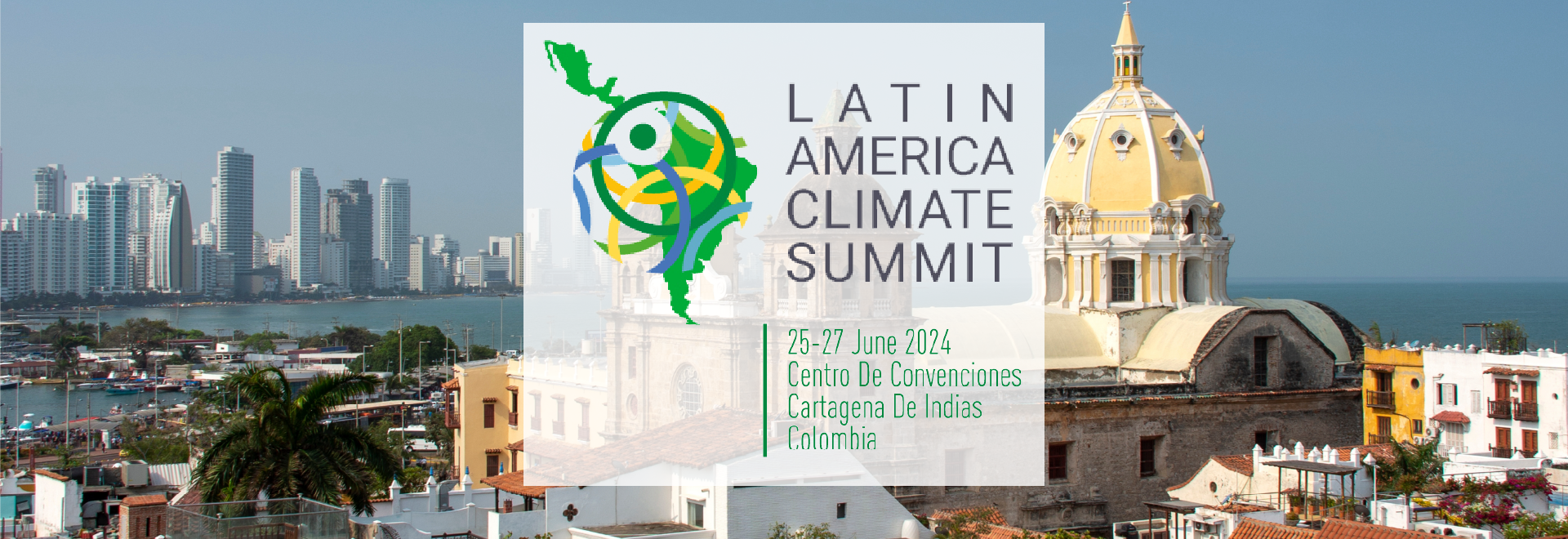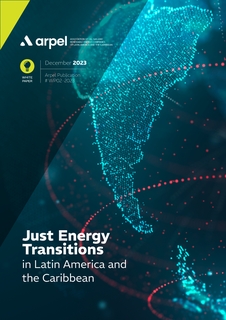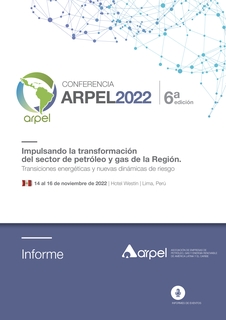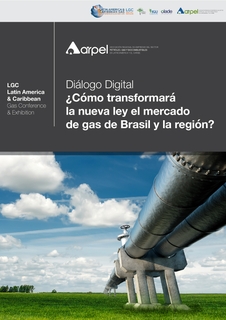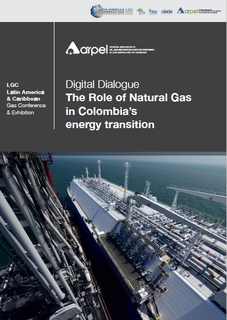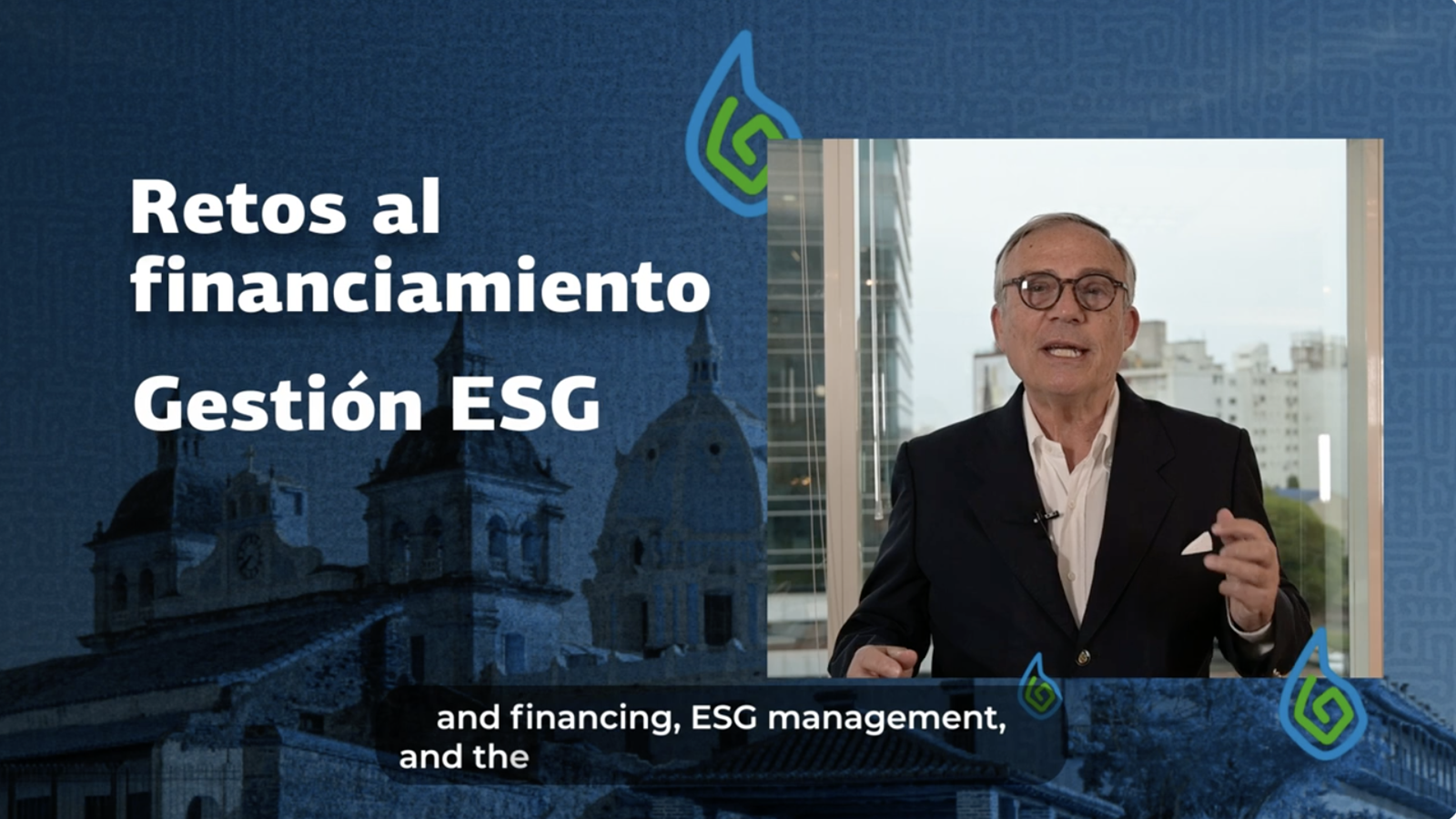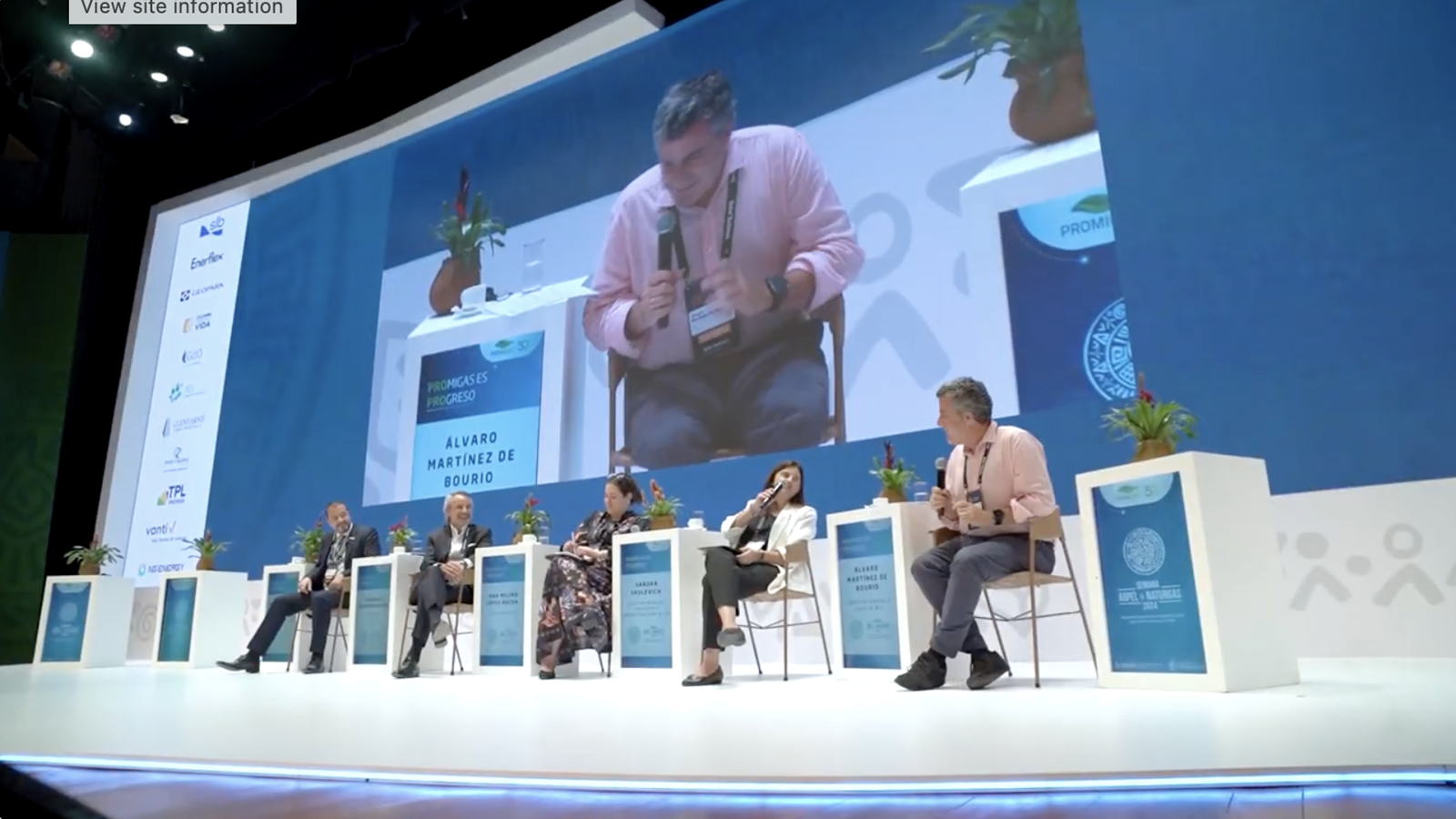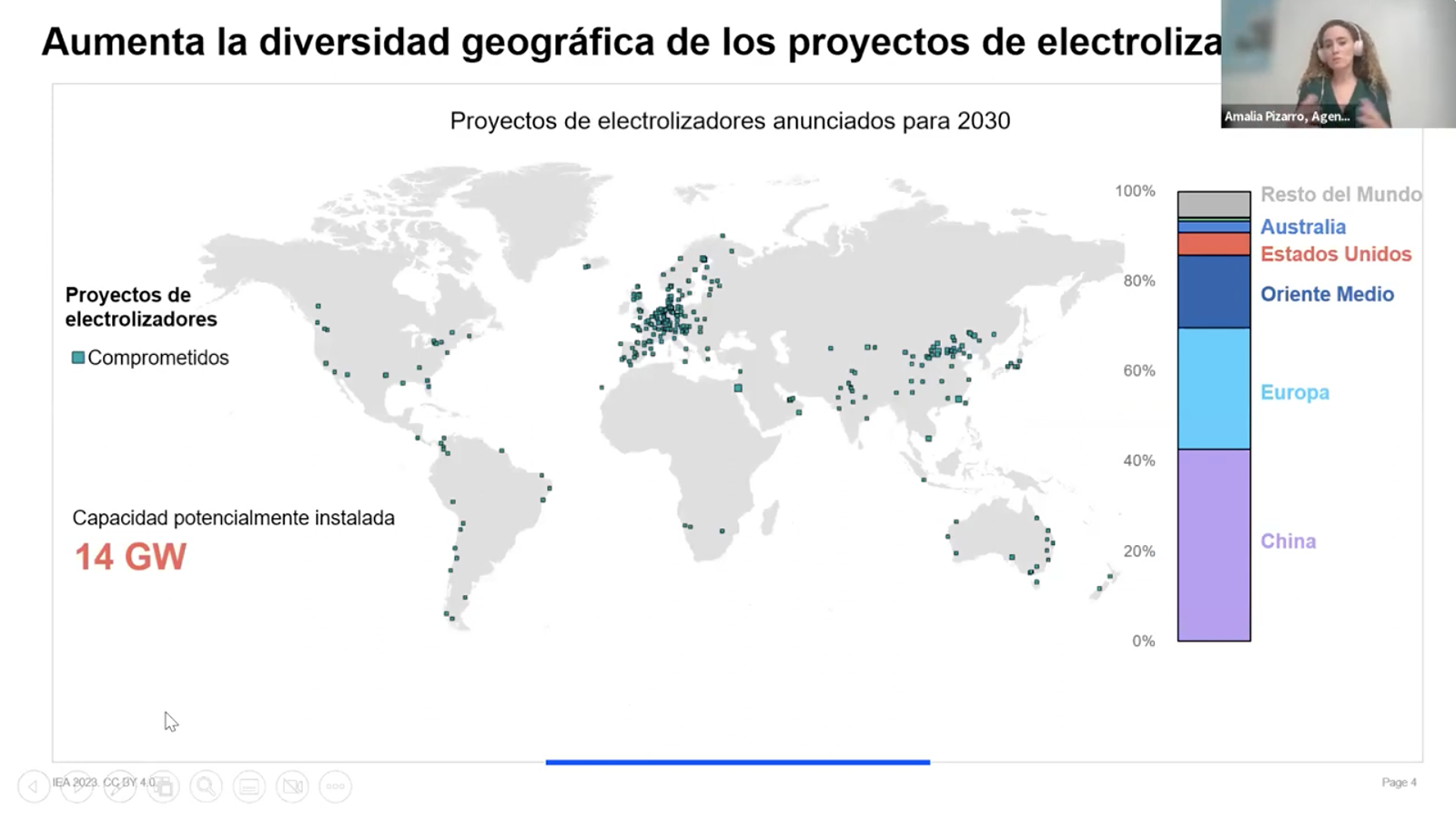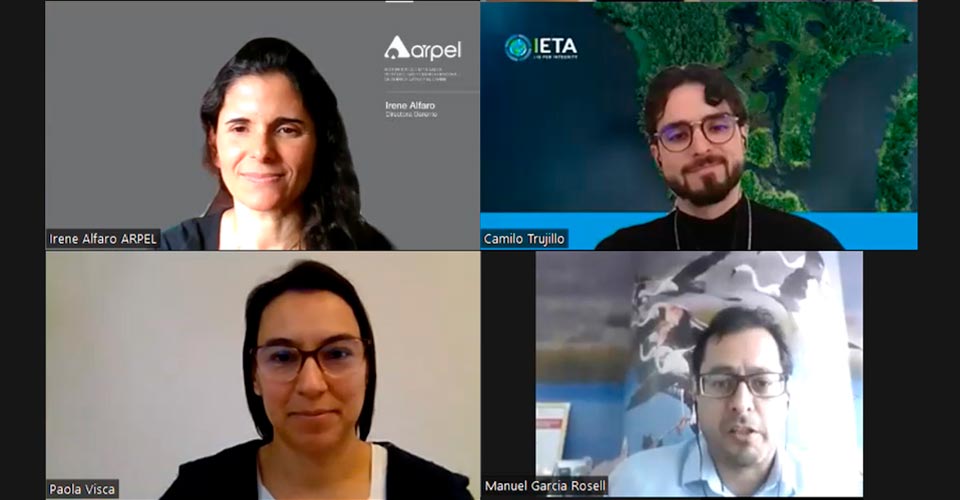
At the beginning of August, Arpel Energy Transitions Committee, with the support of IAPG, held a virtual workshop dedicated to “Voluntary Carbon Markets” attended by more than 110 professionals from the main companies in the energy sector.
The meeting included presentations by Camilo Trujillo from the International Emissions Trading Association (IETA); Paola Visca from the National Directorate of Climate Change in Uruguay, and Manuel García, coordinator of the project “Support to the NDCs implementation process in Peru” from the Peruvian Ministry of Environment.
The moderator was Irene Alfaro, Arpel Managing Director and coordinator of the Energy Transitions Committee.
Carbon markets are a strategic tool to drive the global decarbonization process and meet the objective of the Paris Agreement.
At present, there is no global market but its conditions are being discussed within the framework of the Paris Agreement, Article 6. At the COP27 held in late 2022, the main aspects for the implementation of voluntary markets were agreed (Article 6.2) and several initiatives are already underway.
Particularly in Latin America, there are two initiatives between Switzerland and Peru, and between Switzerland and Uruguay.
Latin America emits 22% of global carbon credits. Colombia is the country in the region that emits the most carbon credits, followed by Brazil, Peru, Uruguay, Chile and Mexico, in that order.
The Peru-Switzerland and Uruguay-Switzerland agreements are general, national-level frameworks that will allow companies from different sectors in those countries to buy and sell emission credits that will contribute to the NDCs of the country buying the credits.
